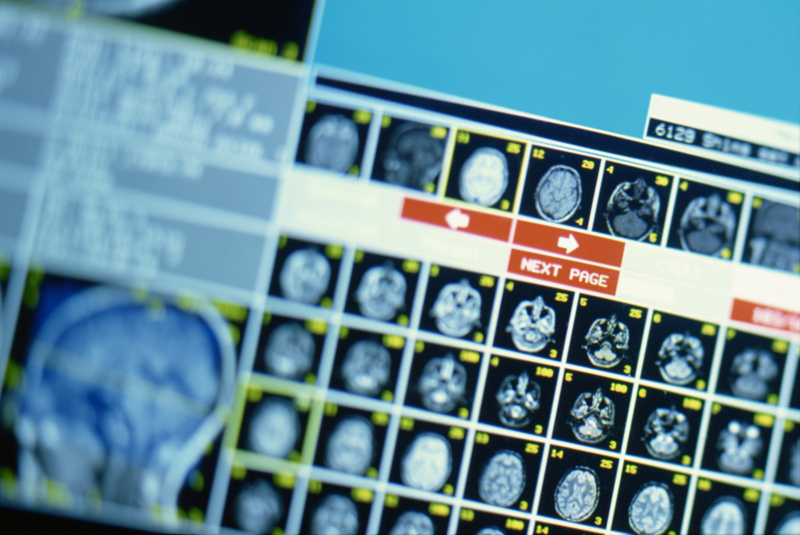
Here are some of the latest health and medical news developments, compiled by the editors of HealthDay:
New Law Would Force NYC Stores to Keep Cigarettes Out of View
New York City Mayor Michael Bloomberg is proposing a law that would require stores to keep cigarettes out of public sight and increase penalties for illegal sales and smuggling of cigarettes.
At a news conference Monday, Bloomberg said the proposal would make New York the first city in the nation to keep tobacco products out of sight, The New York Times reported.
Just last week, a judge blocked Bloomberg’s proposed ban on large-sized sugary beverages, but the city is appealing the ruling.
The proposed cigarette law will go to city council for its consideration. That was not done with the sugary drink ban, which went through only the city’s board of health. The new proposal could meet heavy opposition from small stores where cigarettes account for a large percentage of sales, The Times reported.
—–
Medical Products Recalled Due to Mold
Potential mold contamination has led to a recall of all medical products compounded at Med Prep Consulting, Inc. in New Jersey.
The recall was announced by Med Prep after a Connecticut hospital notified the company that mold had been found in one of its products, according to a U.S. Food and Drug Administration news release.
The affected products are used by hospitals and health care professionals at doctor’s practices or clinics. None of the products are sold directly to patients at retail stores or to home care patients.
The products packaged in plastic infusion bags, plastic infusion devices, plastic syringes and glass vials were shipped directly to regional hospital pharmacies in New Jersey, Pennsylvania, Connecticut and Delaware. Products packaged in plastic syringes only were distributed nationwide to doctor’s practices and clinics, the FDA said.
All facilities that received the recalled Med Prep products have been notified and instructed to remove and return the product to the company.
—–
Scientists Develop New Liver Preservation Device
A device that preserves human livers outside the body for up to 24 hours has been developed by British scientists. It could help improve liver transplant success and shorten transplant waiting lists.
The current method of keeping donated livers cool in a kind of icebox slows their metabolism but doesn’t fully stop them deteriorating. Livers can be preserved for a maximum of 20 hours this way, but surgeons prefer not to use livers older than 14 hours because they lose function, the Wall Street Journal reported.
The new device, developed by Oxford University scientists, is meant to simulate the environment inside the human body. It keeps livers at body temperature and provides them with an abundance of oxygenated blood cells. While in the device, livers continue to burn sugar and produce bile as they would inside the body.
The device was used to store livers used in two transplants performed last month at King’s College Hospital in London. Both liver recipients are recovering well, the Oxford scientists and transplant surgeons said at a news conference Friday, WSJ reported.
Further study of the device is needed, said the scientists, who are planning a clinical trial to compare the outcomes of liver transplant patients who receive livers preserved in the new device or using the standard icebox method.
By keeping livers functioning longer, the device would allow the organs to be transported over longer distances to reach recipients, and would also give doctors more time to study donated livers to see whether they are suitable for a particular patient, which could increase the success rates of transplant surgery, said device co-inventor Peter Friend, a professor of transplantation at Oxford, WSJ reported.
The extra preservation time offered by the device could also give doctors time to use drugs and other methods to repair damaged livers, making more livers useful for transplantation, Friend said.
—–
Beards Help Protect Against Sunburn: Study
Beards can help protect men’s faces against sunburn, according to a new study.
Australian researchers found that a full beard and moustache provides an ultraviolet protection factor (UPF) of between 2 to 21 out of a maximum of UPF 50, NBC News reported.
“This is a reduction in the UV of 50 to 95 percent,” said Alfio Parisi, a professor of radiation physics at the University of Southern Queensland. For comparison, the sun protection factor (SPF) provided by correctly applied sunscreen is about 30.
The researchers tested for “sunburning UV” — which has been linked to increased risk of non-melanoma skin cancer — by placing bearded and non-bearded mannequin heads on rotating platforms that were outdoors. Data was gathered over a year, NBC News reported.
Facial hair did reduce the amount of UV radiation exposure to the skin under the beards and moustaches, but the level of protection depended on the length and density of the facial hair, along with other factors.
“Unfortunately, the research doesn’t show that facial hair has much benefit. There’s some protection offered by facial hair but it’s not significant,” Dr. Len Lichtenfeld, deputy chief medical offer for the American Cancer Society, told NBC News.

